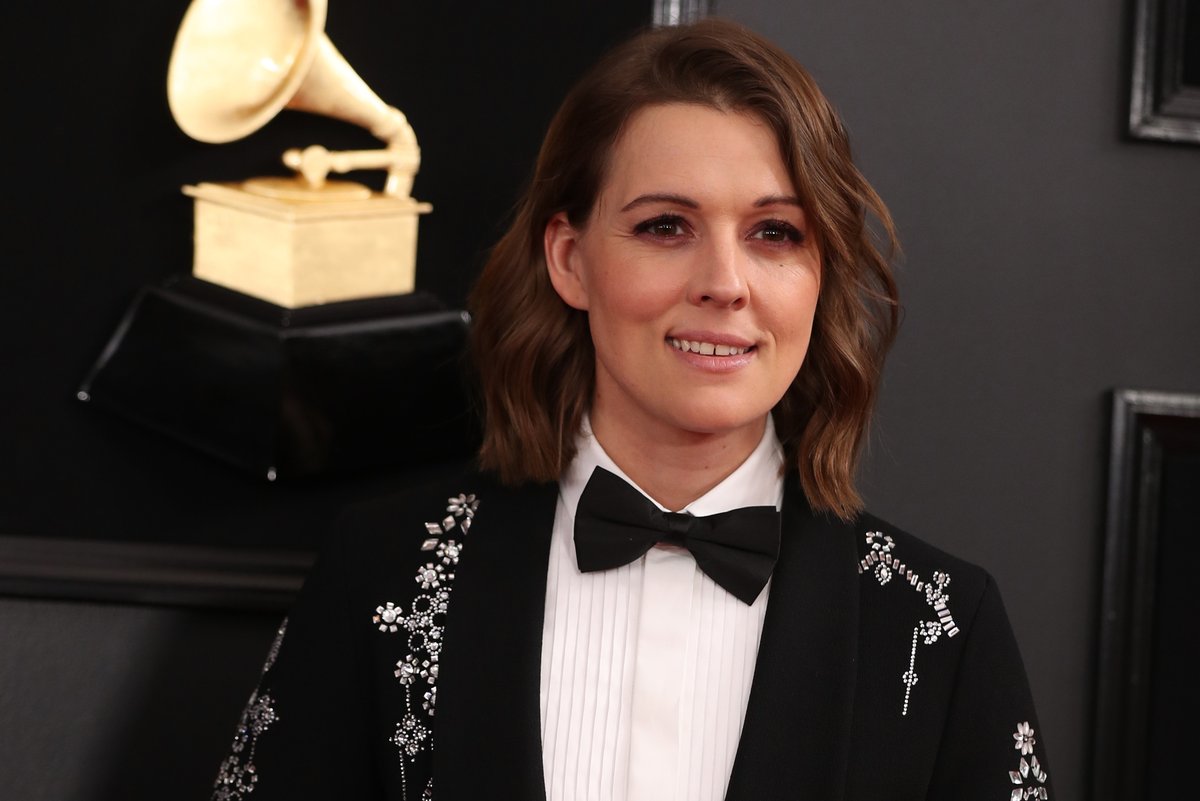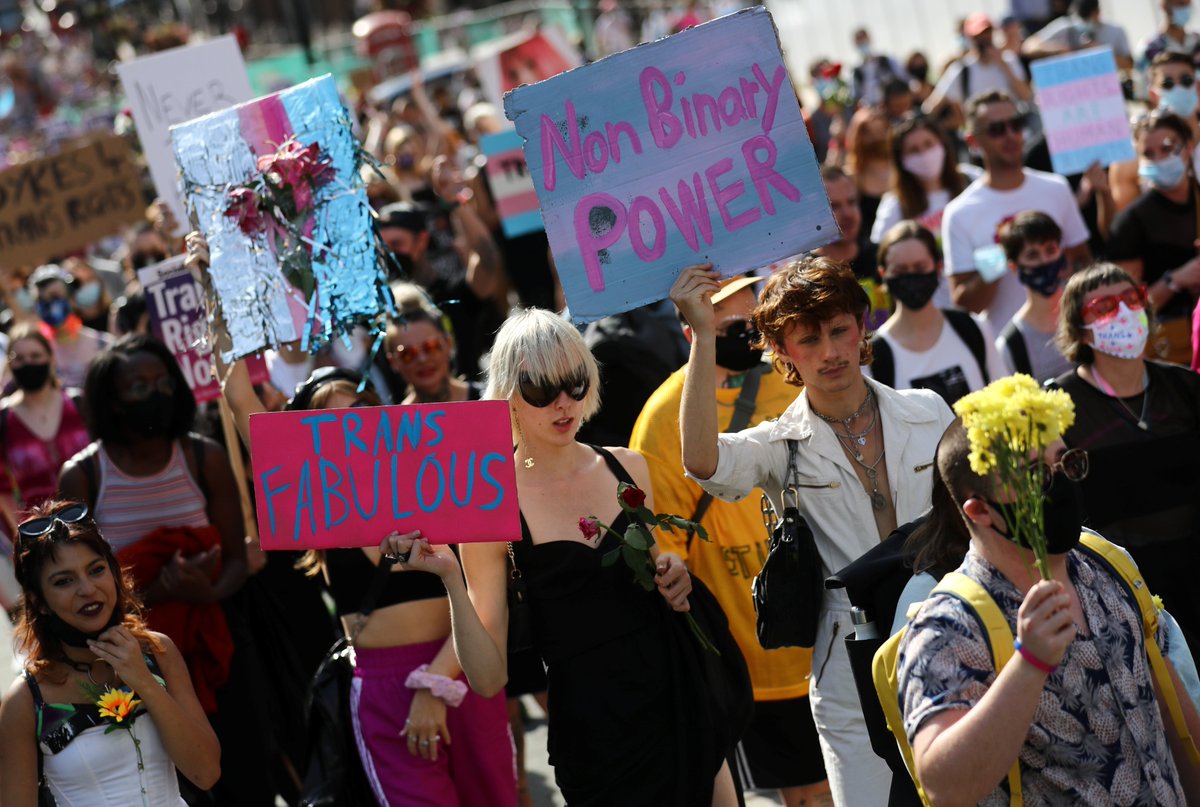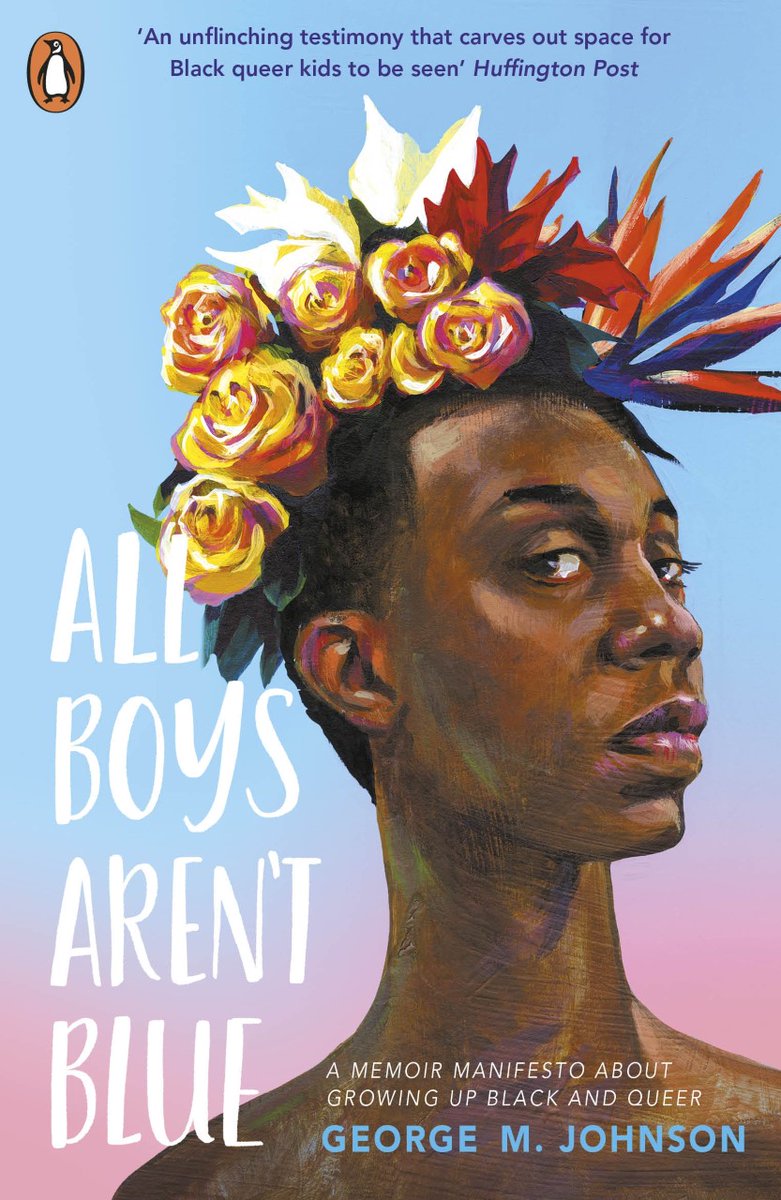Do you know what two-spirit means❓
🌎In history, many Indigenous North American and First Nations people lived outside the Western binaries of gender and sexuality.
On #IndigenousPeoplesDay, here are 5⃣ things you should know about people who define themselves as two-spirit.🧵
🌎In history, many Indigenous North American and First Nations people lived outside the Western binaries of gender and sexuality.
On #IndigenousPeoplesDay, here are 5⃣ things you should know about people who define themselves as two-spirit.🧵

1⃣ What does two-spirit mean?
Two-spirit is an umbrella term used by some Indigenous North Americans and First Nations people.
It refers to a broad range of sexual and gender identities among Indigenous peoples, and is sometimes thought of as a 'third gender'.
Two-spirit is an umbrella term used by some Indigenous North Americans and First Nations people.
It refers to a broad range of sexual and gender identities among Indigenous peoples, and is sometimes thought of as a 'third gender'.
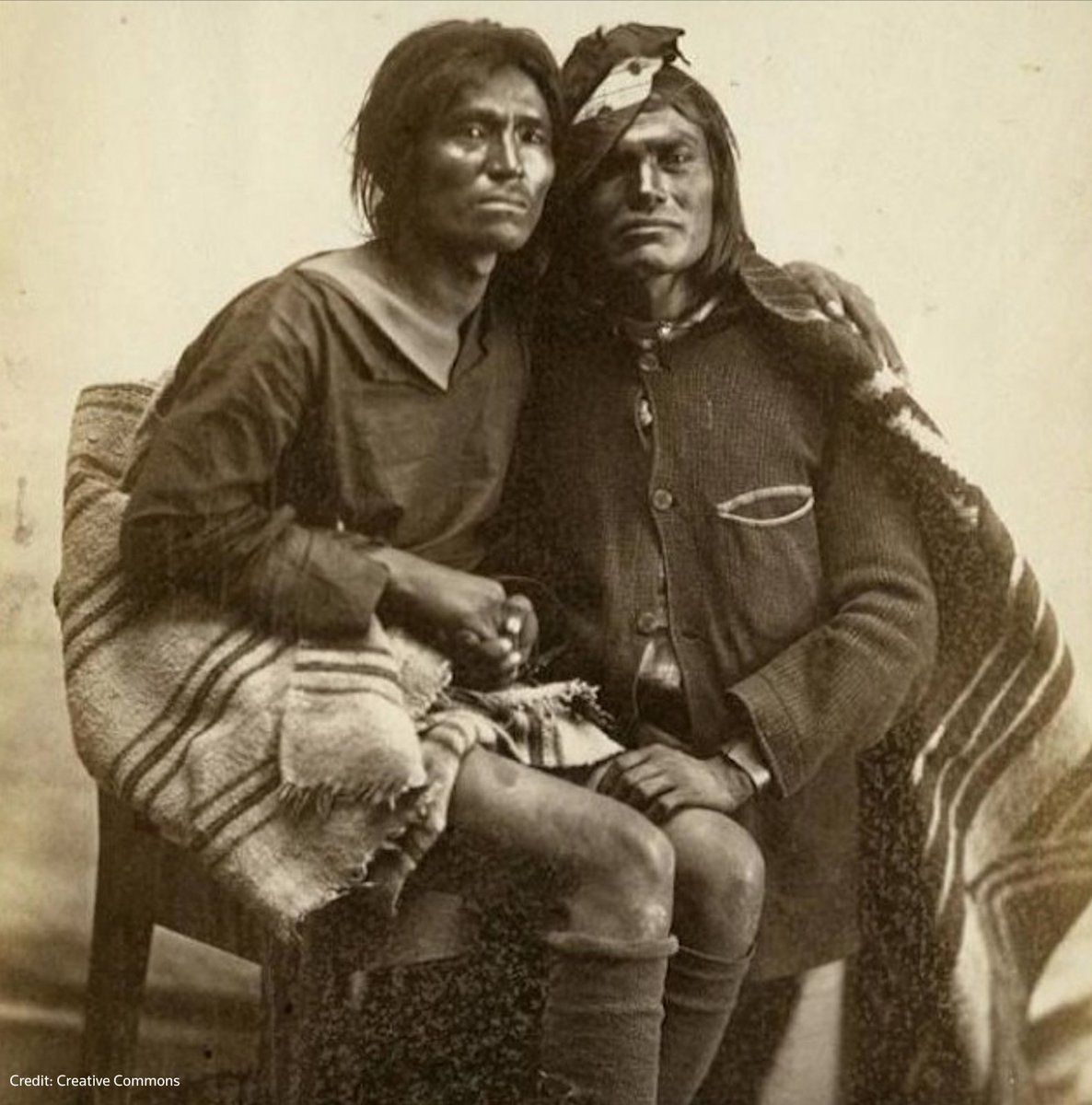
2⃣ Where does the term come from?
Coined in 1990 at a Native American/First Nations gay and lesbian conference, it unifies the many different sexual and gender identities within the communities.
Its creation aimed to distance two-spirit lives from non-native terms.
Coined in 1990 at a Native American/First Nations gay and lesbian conference, it unifies the many different sexual and gender identities within the communities.
Its creation aimed to distance two-spirit lives from non-native terms.

3⃣ What are the traditional terms?
Different nations have different understandings of sexuality and gender that fall under the two-spirit umbrella.
For example in Lakota 'wíŋkte' means "to be as a woman", while in Navajo 'nádleeh' means "one who is transformed".
Different nations have different understandings of sexuality and gender that fall under the two-spirit umbrella.
For example in Lakota 'wíŋkte' means "to be as a woman", while in Navajo 'nádleeh' means "one who is transformed".

4⃣ What is the history of two-spirit?
While the term is new, the concept is not. Before North America was colonised, two-spirit people were highly respected members of their communities.
Often regarded as sacred, they held important positions like matchmakers or healers.
While the term is new, the concept is not. Before North America was colonised, two-spirit people were highly respected members of their communities.
Often regarded as sacred, they held important positions like matchmakers or healers.

But when Europeans arrived in America, they imposed their own religious values and belief systems on Indigenous groups, while condemning behaviours outside the European norms.
Two-spirit people were soon marginalised – a consequence lasting to this day.
Two-spirit people were soon marginalised – a consequence lasting to this day.
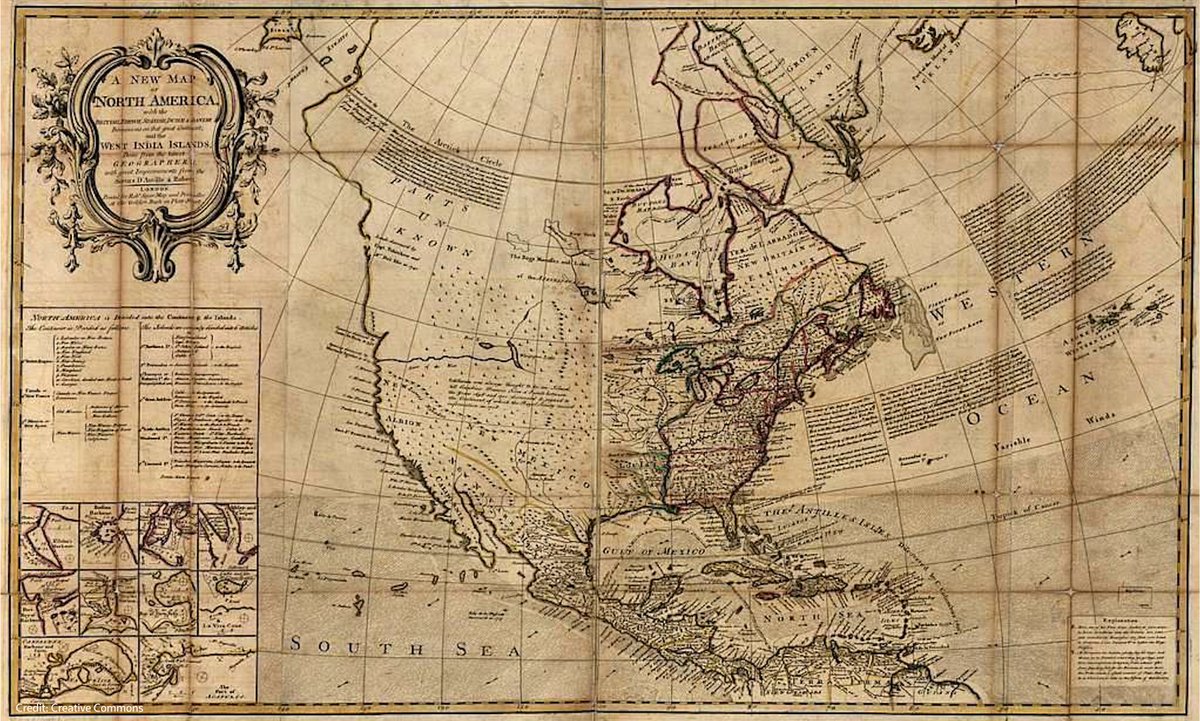
5⃣ Is two-spirit the same as gay or trans?
Even though it can often be found in LGBTQ2+ initialism, being two-spirit does not mean one is defined by those Western terms.
While a two-spirit person might be gay, a gay Native American is not necessarily two-spirit.
Even though it can often be found in LGBTQ2+ initialism, being two-spirit does not mean one is defined by those Western terms.
While a two-spirit person might be gay, a gay Native American is not necessarily two-spirit.
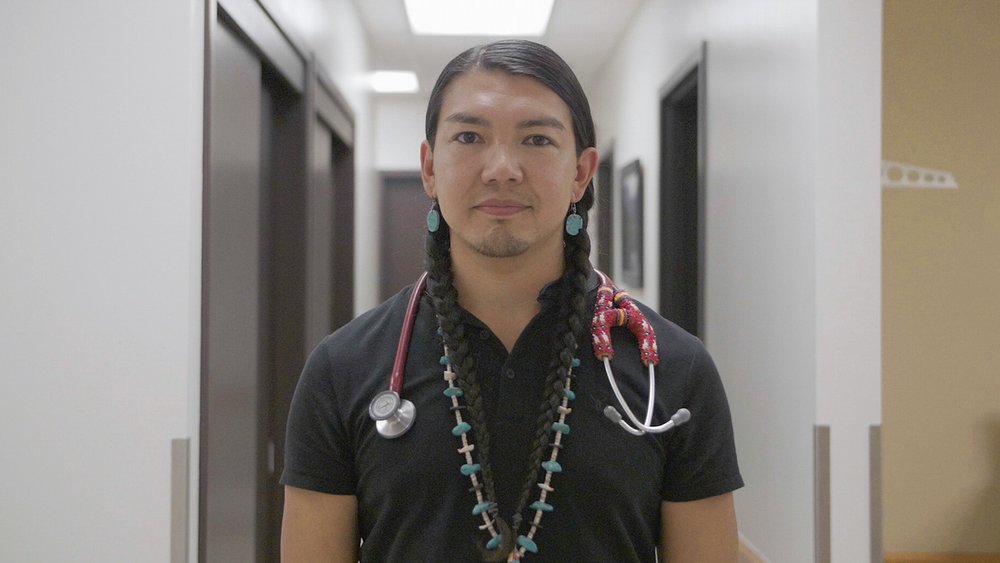
👥 Being two-spirit is not defined through Western conceptions of sexual or gender identity, but rather the spiritual and social role inhabited within one’s community. 

🤔 Do you know of other indigenous communities whose gender binaries go beyond the Western "male" and "female" binaries?
👇 Share with us below!
👇 Share with us below!
• • •
Missing some Tweet in this thread? You can try to
force a refresh



